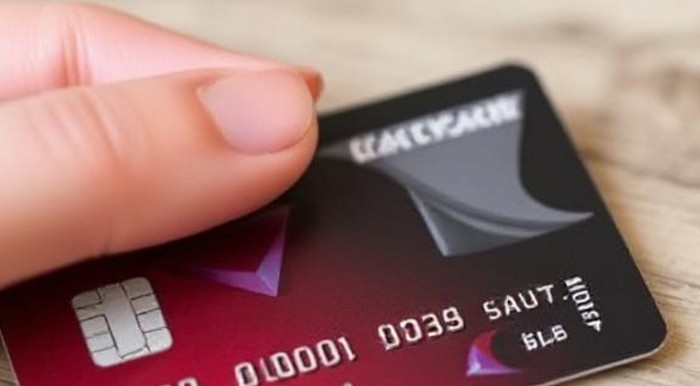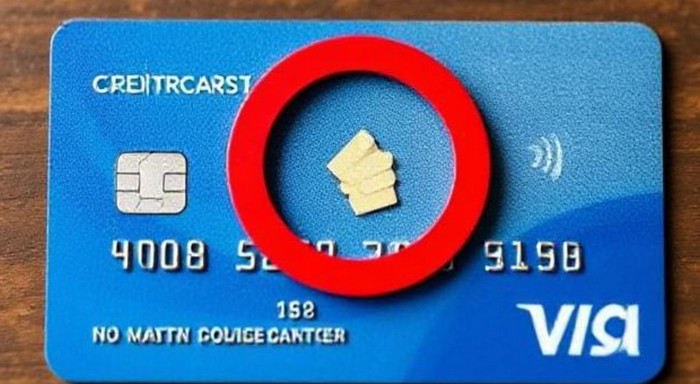# **What to Know Before Closing a Credit Card with a Balance**
## **Introduction**
Closing a credit card seems simple, but if you still owe money, the decision can impact your credit score, debt repayment, and financial flexibility. Many people mistakenly believe that closing a card erases the balance—but that’s not how it works.
This guide covers:
✅ **What happens when you close a card with a balance**
✅ **How it affects your credit score**
✅ **Better alternatives to closing**
✅ **Steps to take before closing**
By the end, you’ll know whether closing your card is the right move—and how to do it wisely.
—
## **Part 1: Can You Close a Credit Card with a Balance?**
### **Short Answer: Yes, but It Doesn’t Erase the Debt**
– **You still owe the balance**—closing the card doesn’t cancel the debt.
– **The account changes to “closed” status**, but you must keep making payments.
– **Interest still accrues** if you don’t pay in full.
### **What Happens When You Close a Card with a Balance?**
1. **No New Charges Allowed** – You can’t make new purchases, but interest/fees still apply.
2. **Minimum Payments Remain Required** – Missed payments hurt your credit score.
3. **Credit Limit Goes to $0** – This can increase your **credit utilization ratio**, lowering your score.
4. **Account Stays on Credit Report** – Closed accounts stay for 7–10 years (good or bad).
—
## **Part 2: How Closing a Credit Card Affects Your Credit Score**
### **1. Credit Utilization Ratio Spikes (30% of Your Score)**
– **Example:**
– **Before:** $1,000 balance / $5,000 limit = **20% utilization** (good).
– **After closing:** $1,000 balance / $0 limit = **100% utilization** (hurts score).
– **Fix:** Pay down balances before closing.
### **2. Shortens Credit History (15% of Your Score)**
– Older accounts help your score. Closing one **reduces average account age**.
– **Tip:** Keep your oldest card open if possible.
### **3. Fewer Active Accounts (10% Impact)**
– Lenders like seeing multiple open, well-managed accounts.
– Closing a card reduces your **mix of credit**.
### **4. Potential for Missed Payments (35% of Your Score)**
– If you forget to pay a closed card, it still reports as **late**, damaging your score.
—
## **Part 3: Better Alternatives to Closing a Credit Card**
### **Option 1: Pay Off the Balance First**
– **Best move:** Eliminate the debt, then decide whether to close.
– **Bonus:** Improves credit utilization.
### **Option 2: Downgrade to a No-Fee Card**
– **Example:**
– Chase Sapphire Preferred ($95 fee) → Chase Freedom Flex ($0 fee).
– **Keeps credit history intact** while avoiding fees.
### **Option 3: Negotiate with the Issuer**
– Ask for:
– **Lower APR** (to pay off debt faster).
– **Fee waivers** (if annual fees are the issue).
### **Option 4: Balance Transfer to a 0% APR Card**
– **Move debt to a card with 0% intro APR (12–21 months).**
– **Examples:** Citi Simplicity, Discover Balance Transfer.
### **Option 5: Keep It Open with Minimal Use**
– **Charge a small recurring bill (Netflix, Spotify).**
– **Prevents inactivity closure** without overspending.
—
## **Part 4: When Should You Close a Credit Card?**
### **✅ Good Reasons to Close a Card**
✔ **High annual fee with no benefits** (if downgrading isn’t possible).
✔ **Temptation to overspend** (if you can’t control usage).
✔ **Divorce/business separation** (joint accounts).
### **❌ Bad Reasons to Close a Card**
✖ **To “erase” debt** (you still owe it).
✖ **Because you’re annoyed with the issuer** (hurts your credit).
✖ **Just to simplify finances** (unless you have other cards).
—
## **Part 5: Steps to Close a Credit Card with a Balance**
### **Step 1: Pay Down the Balance (As Much As Possible)**
– Lower utilization = less credit score damage.
### **Step 2: Redeem Any Remaining Rewards**
– Some issuers **forfeit points** after closure.
### **Step 3: Call the Issuer to Confirm**
– Ask:
– “Will I still owe interest?”
– “Can I keep rewards after closing?”
– “Is there a final payment deadline?”
### **Step 4: Set Up Autopay (If Still Owing)**
– Avoid late fees and credit damage.
### **Step 5: Check Your Credit Report**
– Ensure it’s marked **“Closed by Consumer”** (not “Closed by Creditor”).
—
## **Conclusion: Should You Close a Credit Card with a Balance?**
### **Key Takeaways**
🔹 **Closing doesn’t erase debt**—you must still pay.
🔹 **It can hurt your credit score** (higher utilization, shorter history).
🔹 **Better alternatives exist** (downgrade, balance transfer, pay off first).
### **Final Advice**
– **Pay off the balance first** if possible.
– **Keep old cards open** to protect your credit history.
– **Only close if necessary** (high fees, overspending risks).
**Need help deciding?** Compare your options:
– **Pay off → then close** (best for credit).
– **Downgrade or keep open** (best for long-term score).
Would you like recommendations for **0% APR balance transfer cards** to help pay off the debt faster?


